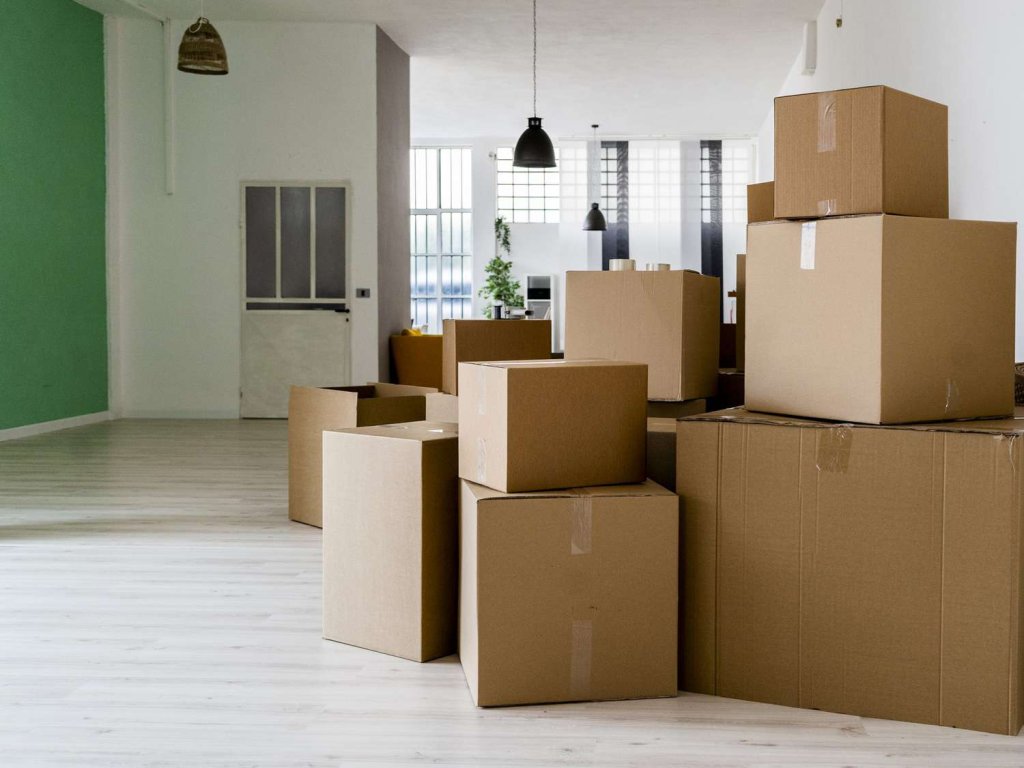Before you move, and potentially long before you even buy a house, there are several steps you’ll need to take to prepare your old property and get ready for the transition. While not strictly necessary, many people choose to practice downsizing and decluttering; in other words, they reduce the number of material possessions in the house that need to be moved while simultaneously clearing out unnecessary items and improving overall organization.
Downsizing before a move is incredibly beneficial, and for multiple reasons. So why exactly should you consider this and how should you approach it?
The Benefits of Downsizing Your Home Before Moving

These are some of the most important benefits of downsizing your home before a move:
1. Reducing packing time. Packing can be a nightmare, especially if you have a big family or a house full of heavy and complicated items. Spending even a little bit of time reducing your number of possessions and streamlining your inventory can reduce the time and stress associated with this important phase of the process. Granted, some of that time is going to be replaced by the time required for downsizing, but you should still end up ahead in terms of total time expenditure.
2. Reducing moving costs (and time). If you’re hiring professional movers, you should know that in most cases, your costs will depend on how much you’re moving and how far you’re moving it. In other words, the more you have to move, the more you’ll pay. Even if you’re not hiring professional movers, your moving volume will affect the time and strain associated with the move. Downsizing streamlines this process significantly.
3. Minimizing unpacking. For many people, unpacking is a time-consuming process that gradually unfolds over the course of weeks following a move. In some cases, people may leave boxes for months or years – especially if they get busy with new responsibilities in the new location. Downsizing means you’ll spend less time unpacking and you’ll have fewer unnecessary possessions to sort through during the process.
4. Making extra money. Surprisingly, downsizing and decluttering can lead to extra revenue generation. This is an opportunity for you to sell old clothes you no longer wear, material goods that are in good shape but are rarely used, and various positions that have gone up in price on secondary markets. Even if you don’t make a fortune this way, you should at least make enough cash to pay for a few nice restaurant meals during your stressful move.
5. Supporting others. If you don’t like the idea of selling your old possessions, you might consider giving them away to people who need them, including friends, family members, and neighbors. If you don’t have many people to donate to you directly, you can always donate your possessions to a charitable organization.
6. Reducing the burden of clutter. Believe it or not, clutter can be bad for your mental health. Reducing the number of unnecessary items in your position and maintaining a more minimalistic profile can help you stave off depression and feel happier each day.
7. Starting on the right foot. Moving to a new house is a way of starting a new phase in your life. Obviously, you’ll want to start on the right foot, with nice, neat organization. With less clutter and fewer things, this task will become much easier.
What Next?

Downsizing and decluttering before moving can make moving easier, but if you want to make the next move even simpler, or if you want to retain some of the benefits you enjoyed through downsizing, it’s important to follow these steps:
· Unpack strategically. Unpacking is a crucial opportunity to neatly organize your possessions. Take your time and put everything in its place to set the right precedent.
· Stay organized. Throughout your time at the house, stay organized. Make sure you have ample closets, cabinets, drawers, shelves, and other storage solutions available – and have a designated space for every possession.
· Be conscientious of new acquisitions. Be thoughtful and conscientious when making new acquisitions. Oftentimes, we become overwhelmed with clutter gradually, through a cascading sequence of mindless impulse purchases. You can easily resist this by only buying what you need and want most.
· Declutter regularly. Finally, make it a point to schedule regular decluttering sessions. Depending on the size and scope of your household, this might mean weekly cleanups for the whole family or more exhaustive, but less frequent seasonal efforts.
Living a minimalistic lifestyle isn’t a good fit for everyone, but nearly every homeowner can benefit from occasional decluttering and downsizing. If you’re willing to go through the extra effort before a move, you won’t regret it.

